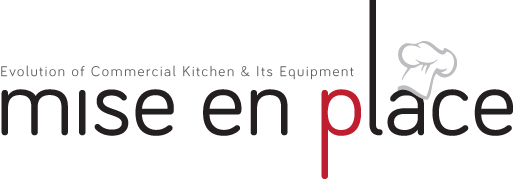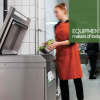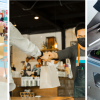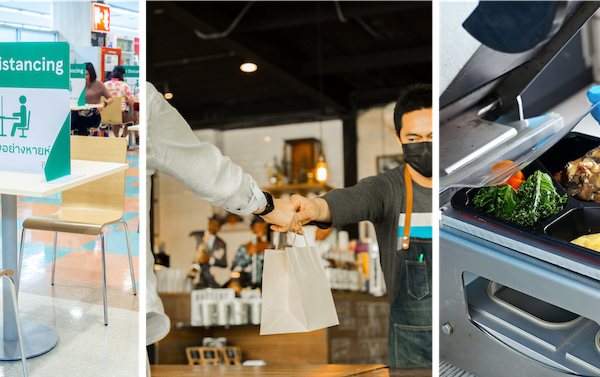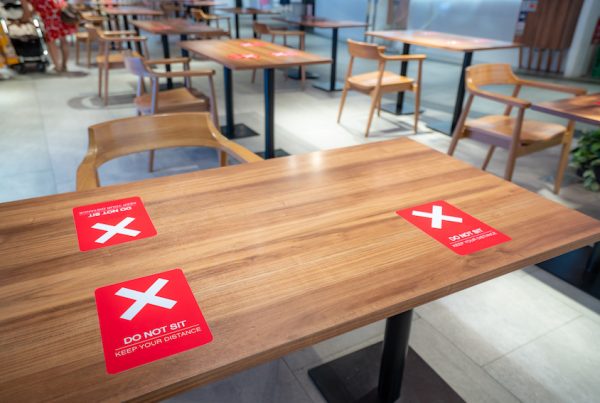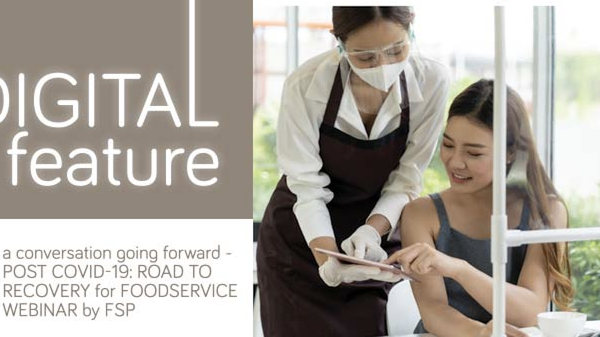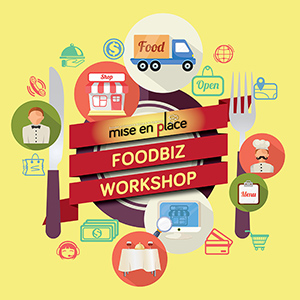Sustainability is a concept that has rose in significance in the foodservice industry. According to the United Nations, sustainability is “meeting the needs of the present without compromising the ability of future generations to meet their own needs”. This goes in line with the United Nations’ Sustainable Development Goals – a collective call-to-action for businesses to stimulate action in areas of critical important to the environment and humanity. The lifecycle of each product or service, including the operation and the process it involves have to be taken into consideration.
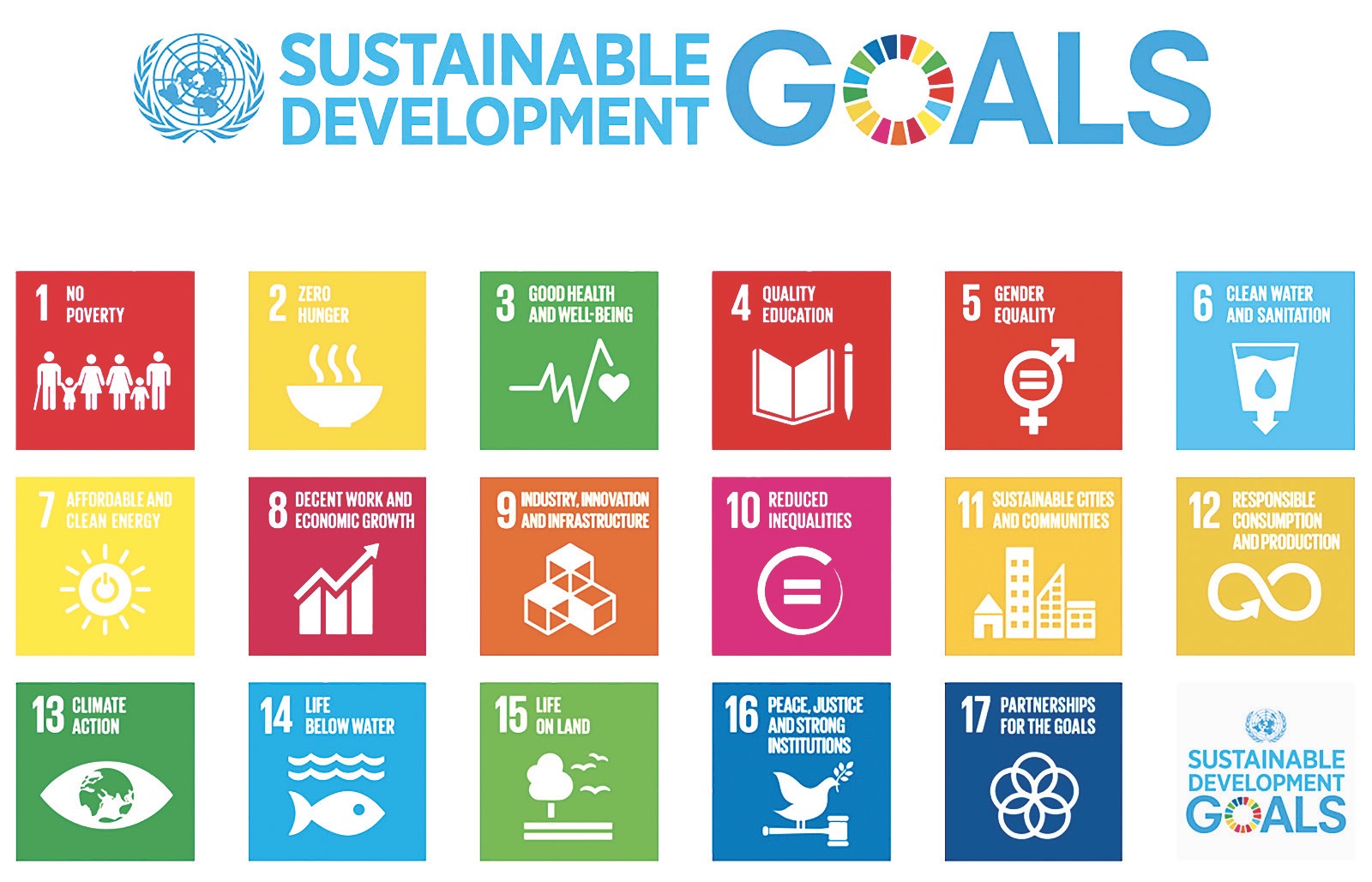
Source: United Nations Website
SUSTAINABILITY IN THE FOODSERVICE INDUSTRY – BEFORE AND TODAY 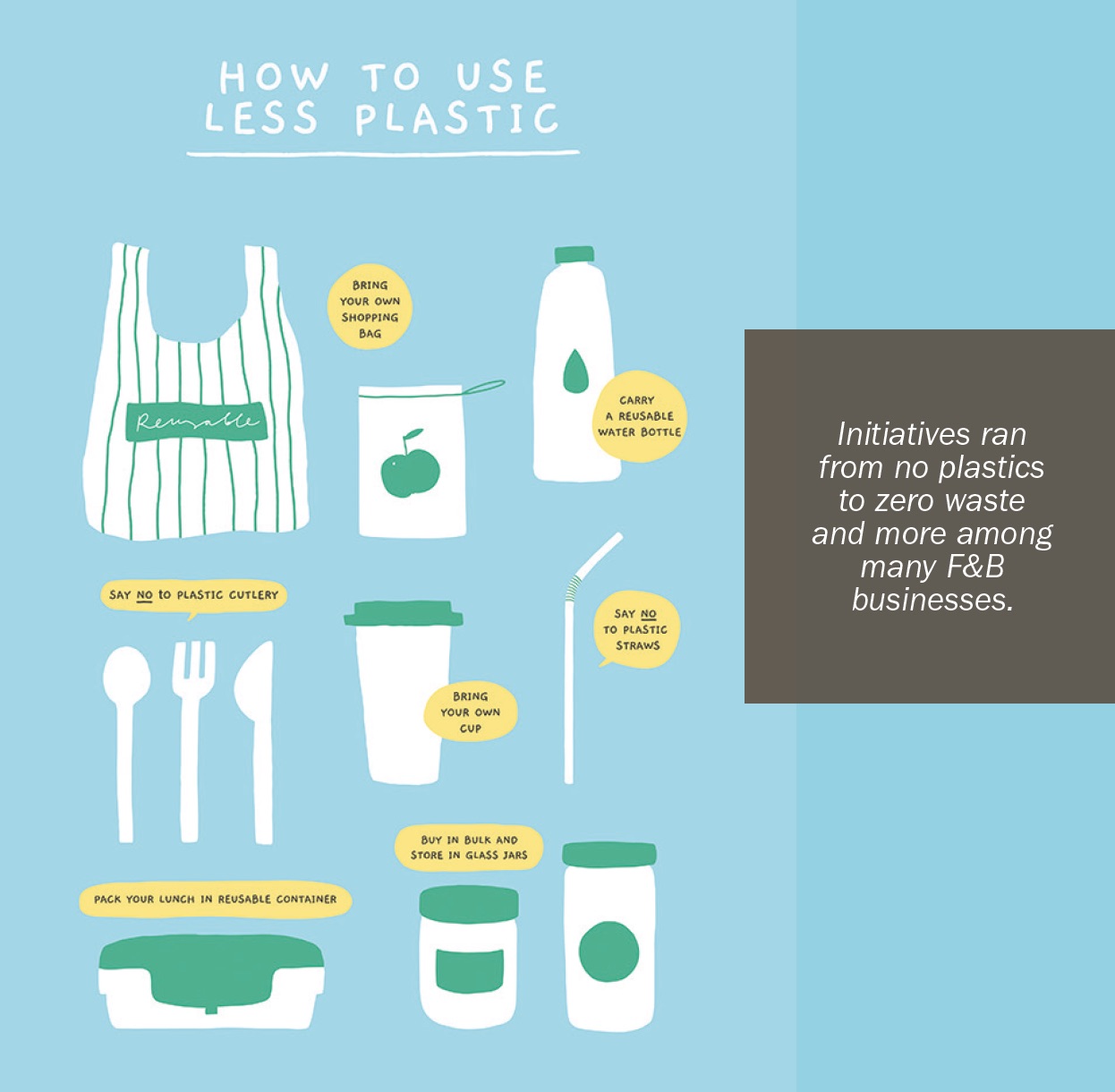
When we mention sustainability to anyone, it is important to note that there are 2 sides to the coin.
Previously, more businesses view sustainability as part of the bigger picture. They work along the lines of making sure their businesses generate less waste, uses local produces, and simple environment friendly practices such as energy saving equipment as well as friendly packaging which was the easier route for many to start with while ensuring that profit margins are present.
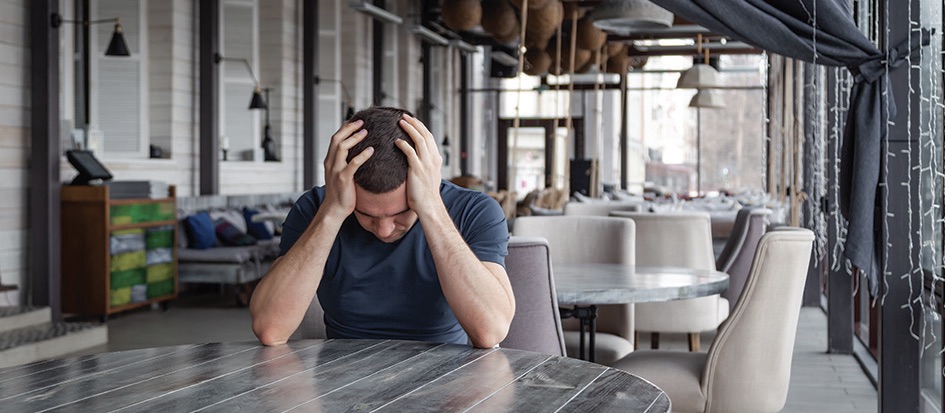
However, in this current challenging period that we are facing today with Covid-19 present, sustainability is more often related to the livelihood or the existence of a particular business. When most of your customers are locked indoors, it is tough for businesses to put consideration of “sustainable environment practices” at the forefront.
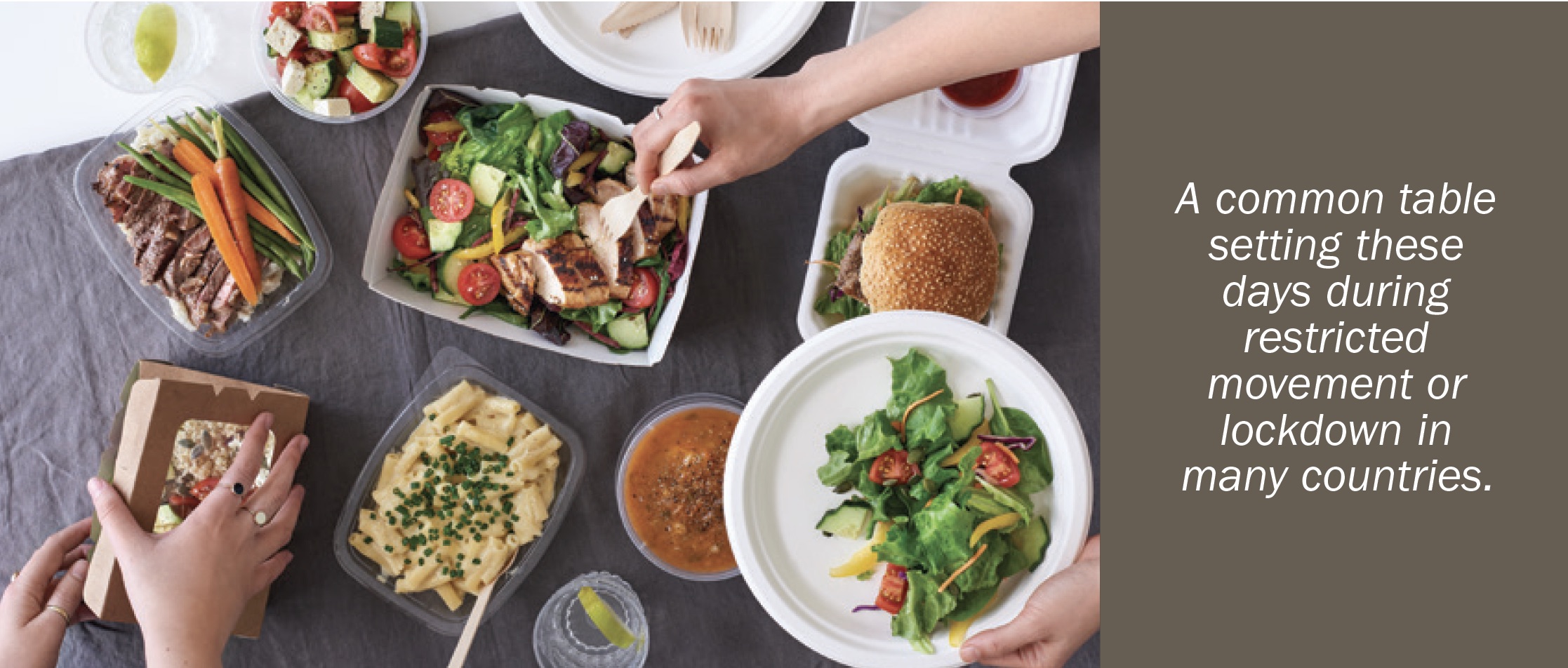
The use of plastics in packaging is higher than ever with deliveries and take-away. It is unavoidable at this time – though it is comforting to note that many are trying their best to lean towards recyclable paper packaging whenever possible. Services like Grab have also initiated the “no cutlery included” unless requested which helps in the long run.
SO DOES IT MEAN THAT SUSTAINABILITY APPLIES ONLY WHEN BUSINESS IS GOOD?
This is not true. Because with the right start and with the challenges facing many today, you might already be contributing to sustainable environment practices or in some cases, at the start of practicing them.
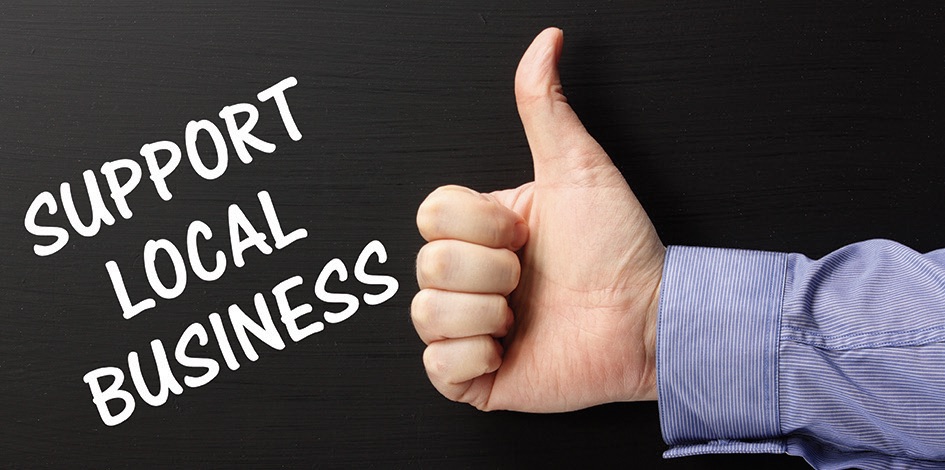
Let’s start with the ingredients that makes up the stars in your menu. Bulk purchases, imported ingredients were common before. But with “lockdowns” or restricted movement, operators are supporting each other by “going local” to help the sustainability of the local community with specially changed menu. This also eliminates unnecessary commute that sees the reduction of emission from transportation and logistics activities.
In fact, you would be surprise to know that many of your equipment in the kitchen are working in the background, already working diligently in the theory of “Reduce, Reuse or Recycle”.
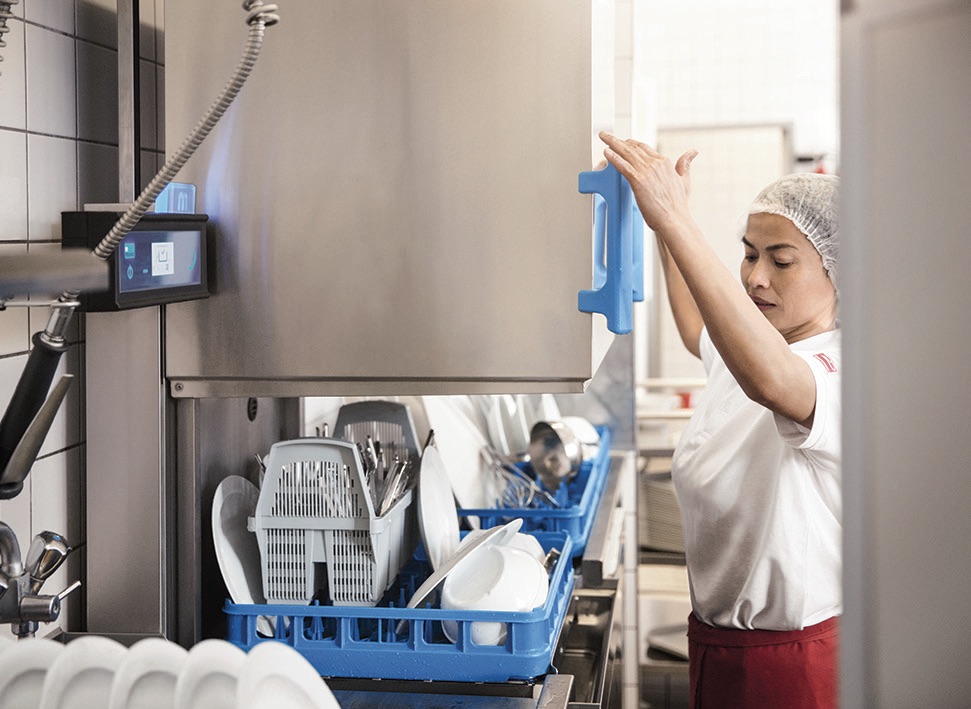
One good example is a dishwasher. Where old commercial dishwashers have always been associated with high consumption of water and electricity while generating uncomfortable heat in the workplace, this is very much a thing of the past.
MEIKO’s M-iClean & M-iQ range of dishwashers, both powerful workhorses are designed to run with smart sustainable solutions to reduce the consumption of resources. Functionally, the M-iQ Filter filters out food residue from the water. Coupled with the smart tank structure design, the clean area stays completely clean as the residual particles are kept away from the hygienically clean washed items. This helps reduce the need of fresh water for every wash.
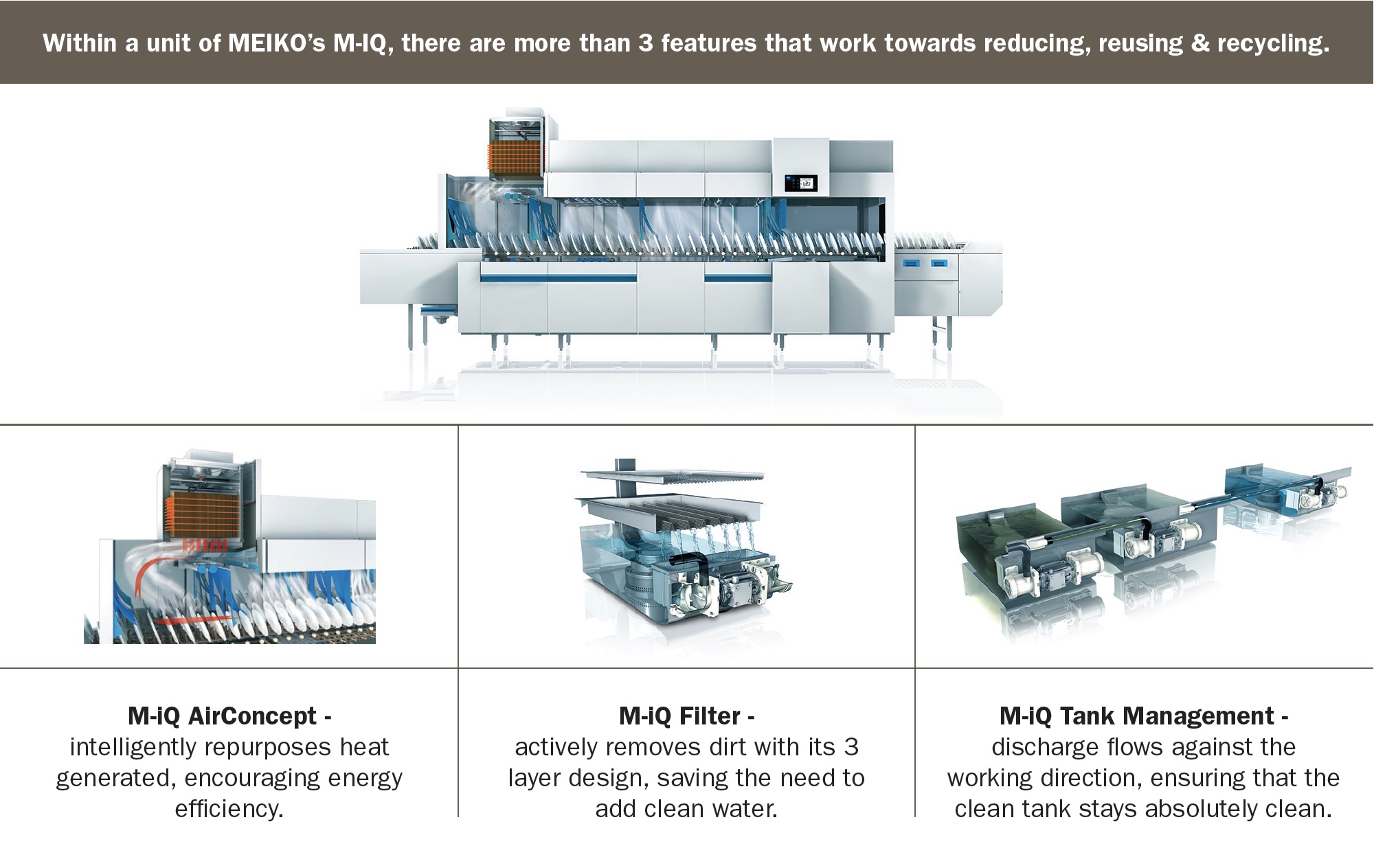
Additionally, with the M-iQ AirConcept feature, valuable heat is harnessed from the clean area to be used in the dishwashing process. This helps keep exhaust air to a minimum while maximising energy efficiency as heating demands are lowered as well.
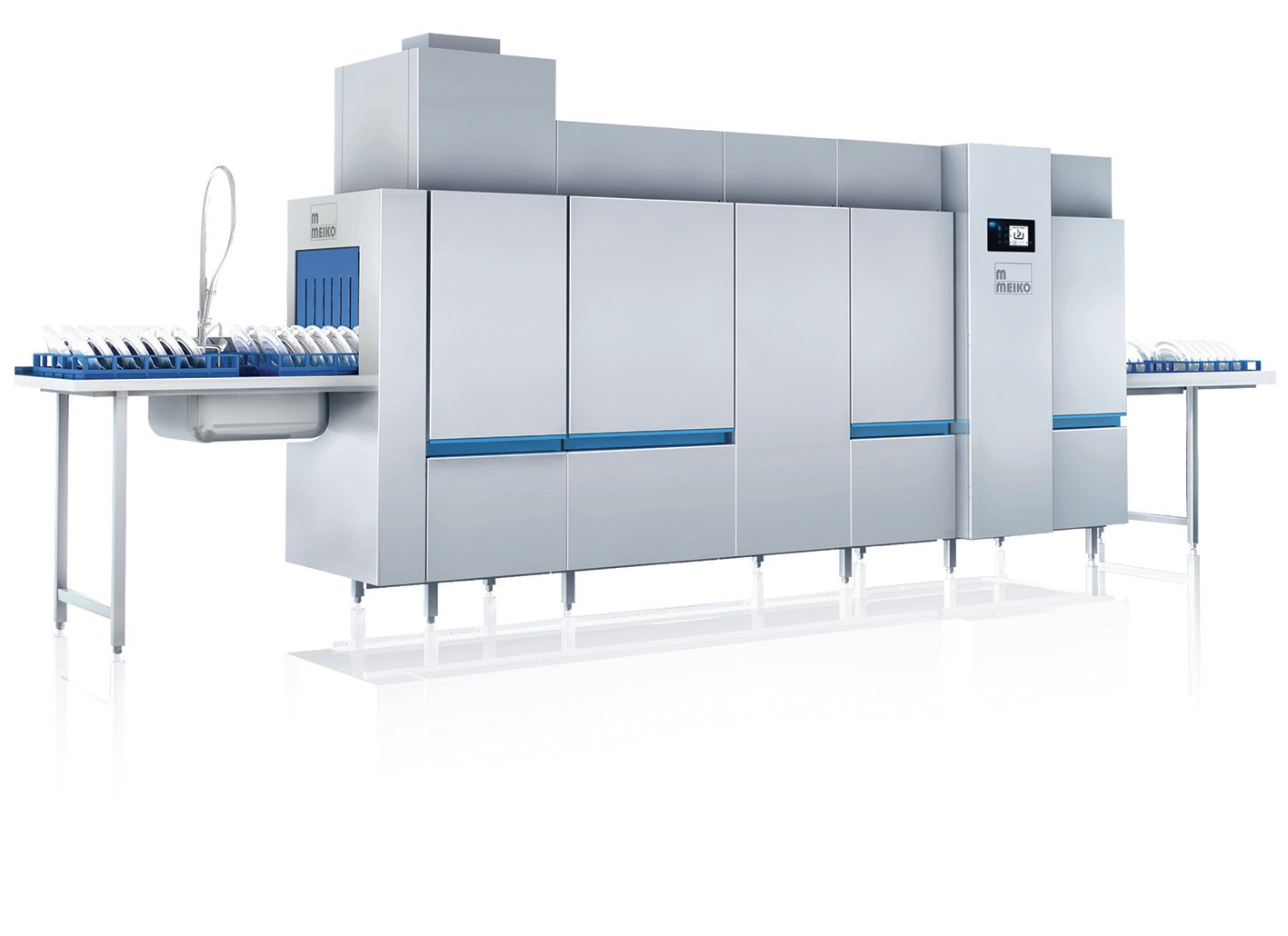 The physical build of these dishwashers are also designed along the sustainability practice of using stainless steel over plastics. Stainless steel is friendlier to mother earth with its recyclable possibilities, giving these dishwashers a longer life span compared to the faster degeneration of plastics from water, cleaning agents and heat over time. With technology being part of its built, these units are future proof to perform and withstand varying demands of the future.
The physical build of these dishwashers are also designed along the sustainability practice of using stainless steel over plastics. Stainless steel is friendlier to mother earth with its recyclable possibilities, giving these dishwashers a longer life span compared to the faster degeneration of plastics from water, cleaning agents and heat over time. With technology being part of its built, these units are future proof to perform and withstand varying demands of the future.
There are many more products and services that manufacturers and service providers alike have placed in the market to help you. This includes heating, materials for green buildings, ventilation, air conditioning (HVAC), procurement of sustainable food products and other aspects such as packaging as mentioned and even smart waste management, with a feature coming up in the next issue.
DOING YOUR SHARE

So with what is available in the market, all it comes down to is making that well informed and practical choices that would ensure sustainability practices, both financially and environmentally as part of your daily operations.
One doesn’t have to make way for another in good times or bad and it is important that for everyone – be it a hotel, restaurant, food suppliers, and manufacturers, understand that making consistent and collaborative efforts as the new norm after the storm can make a difference.
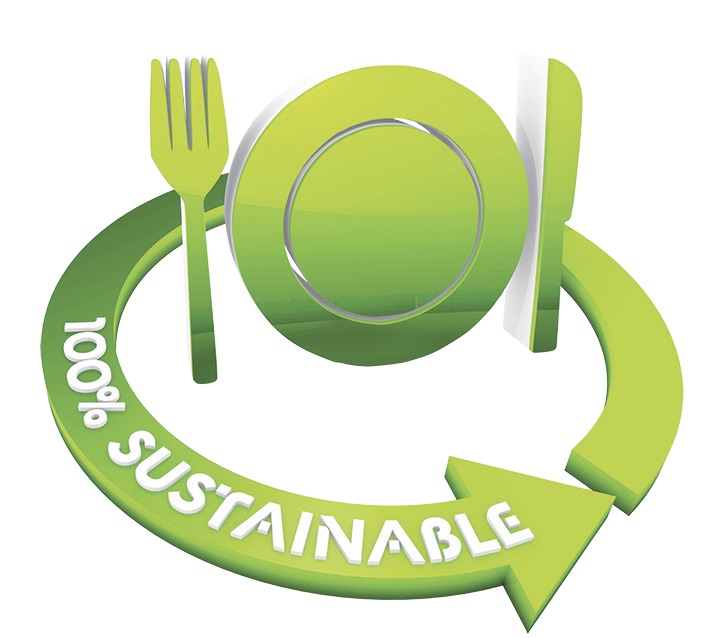 With more players understanding how sustainability from both sides can be part of the same picture, we will be assured that all operators’ actions and steps in the hospitality industry is done right, heading towards the right direction.
With more players understanding how sustainability from both sides can be part of the same picture, we will be assured that all operators’ actions and steps in the hospitality industry is done right, heading towards the right direction.
Our thanks to MEIKO South East Asia (SEA) for their time and information shared.
Coming soon – Vol. 31 – our environment issue. Follow us on FB or LinkedIn for more green solutions.
Find out more about MEIKOS’ products at https:// www.meiko-asia.com/en/products/warewashing/
For more information on MEIKO’s sustainability initiatives, go to https://www.meiko-global.com/ en/sustainability/
href="#" data-color-override="false" data-hover-color-override="false" data-hover-text-color-override="#fff">Button Text